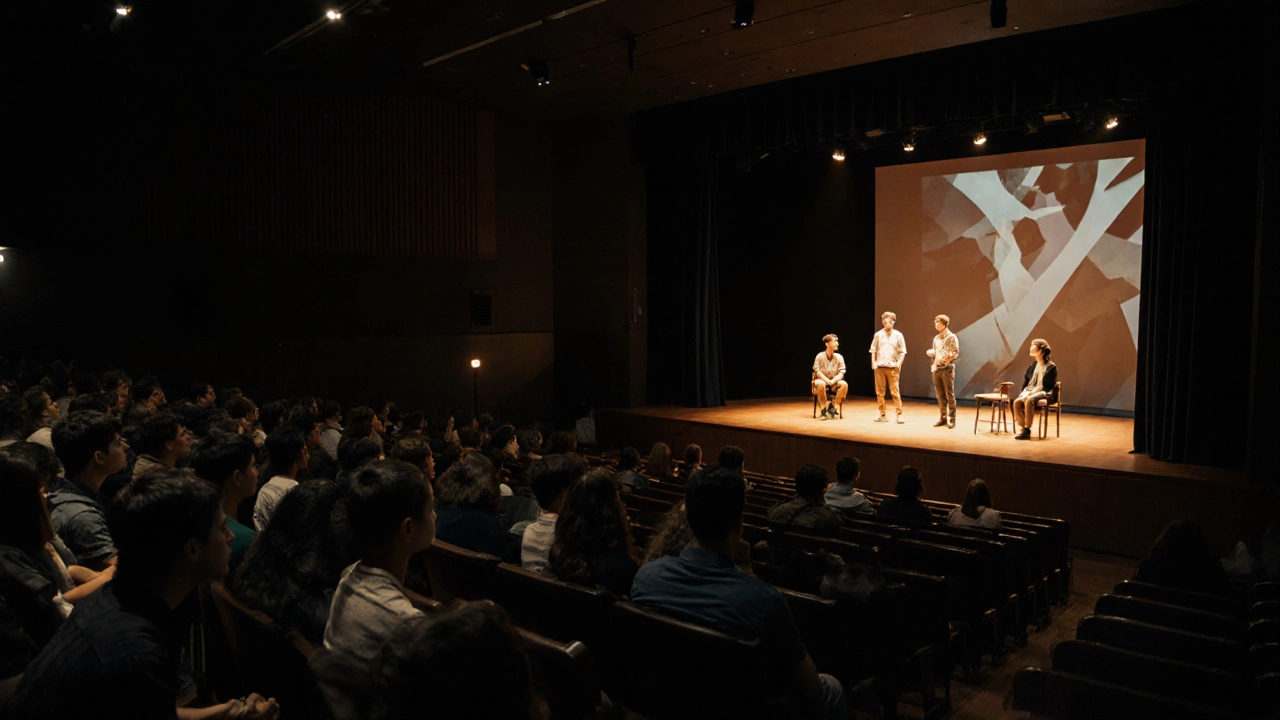University Arts in the UK: Studios, Portfolios, and Exhibitions That Matter
When you’re choosing a university arts, a degree program focused on visual, performing, or creative disciplines in a UK higher education setting. Also known as creative arts education, it’s not just about learning techniques—it’s about building a voice, a body of work, and a professional identity. Too many students pick a school based on league tables or campus photos, only to realize halfway through that they’re stuck in a cramped studio with no feedback, no real audience, and no path to show their work beyond the classroom.
The real differentiators? art studios, dedicated, accessible, and well-equipped workspaces where students spend most of their time creating. Some universities lock them behind keycards or limit access to certain hours. Others give you 24/7 access, proper ventilation, kilns, print presses, and digital tools you actually need. Then there’s the portfolio review, the process where tutors and visiting professionals give honest, critical feedback on your work. At top programs, you’ll get feedback from working artists, curators, and gallery owners—not just lecturers. And don’t overlook art exhibitions, public shows where student work is displayed in real galleries, campus spaces, or even city venues. These aren’t just end-of-year events—they’re networking opportunities, resume builders, and the first step toward a professional career.
What you won’t find in brochures? How often students actually get to show their work outside the university. How many graduates land gallery representation within a year. Whether the staff still practice their own art, or if they’ve been teaching for 20 years without stepping into a studio themselves. The best programs don’t just teach you how to make art—they help you become someone who can sustain a practice after graduation.
Below, you’ll find real guides from students who’ve been there—how to pick a school based on studio access, how to prepare a portfolio that stands out, what to ask during open days, and which UK universities actually give you the space, time, and exposure to grow as an artist—not just a student.
Published on Nov 1
0 Comments
UK university students can access free and low-cost arts, music, and theatre events that reduce stress, build community, and spark creativity - no experience needed. Here’s how to find them and why they matter.
